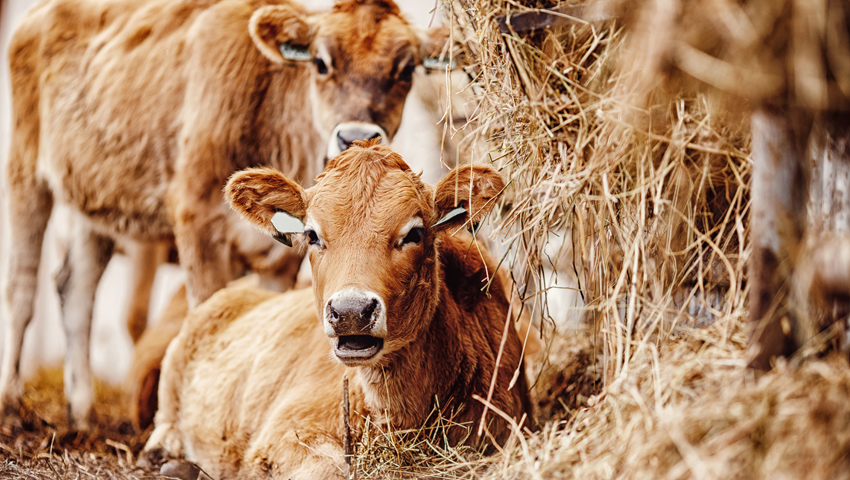MISLEADING articles and headlines have claimed that the EU will ban a broad range of green labelling terms in order to curb so-called green-washing. These claims are themselves untrue.
For example, Green Queen reported that, “The EU finalised a new law designed to curb greenwashing, which will ban the use of terms like ‘carbon-neutral’ from product claims,” while the FT ran a headline which said “EU to ban ‘climate neutral’ claims by 2026”.
In reality the EU proposals aim to end greenwashing by banning only “unsubstantiated claims”. When marketing terms and labels can be supported by evidence they will still be allowed under the new law.
In effect this is an extension of the standard European Union practice of “reserved terms”, which already exists to ensure a harmonised approach to farm animal welfare. For example, terms such as “free-range” or “barn-reared” are defined in European law, to ensure that eggs or chicken products labelled in this way and sold with the EU’s borders are actually from poultry being reared to these standards.
The European Commission said, “Before companies communicate any of the covered types of ‘green claims’ to consumers, such claims will need to be independently verified and proven with scientific evidence. As part of the scientific analysis, companies will identify the environmental impacts that are actually relevant to their product, as well as identifying any possible trade-offs, to give a full and accurate picture.”
A 2020 study by the Commission found that 53% of green claims give vague, misleading or unfounded information, while 40% of claims have no supporting evidence at all. Half of all green labels offered weak or non-existent verification.
Former European Commission executive vice-president, Frans Timmermans, said, “Many Europeans want to contribute to a more sustainable world through their purchases. They need to be able to trust the claims made. With this proposal, we give consumers the reassurance that when something is sold as green, it actually is green.”
The EU’s greenwashing law is part of broader efforts to create a circular European economy, which also include plans to end built-in early obsolescence.
The Commission said that its new rules will cover all claims about “the environmental impacts, aspects or performance of a product, service or the trader itself.”
Environmental claims and labels should be “science-based”, and “will have to be third-party verified and certified” before the claim can be used. The verifying party must be “an officially accredited independent body”.
New rules will protect consumers by ensuring that sustainability labels must be based on certified schemes and that claims must apply to the whole product and not just certain aspects. More generic green terms will be permitted only where excellent environmental performance of the product or trader can be demonstrated.
It is expected that the European Parliament and the Council will vote to bring the proposals into law in November and EU member states will be given two years to enforce them.
